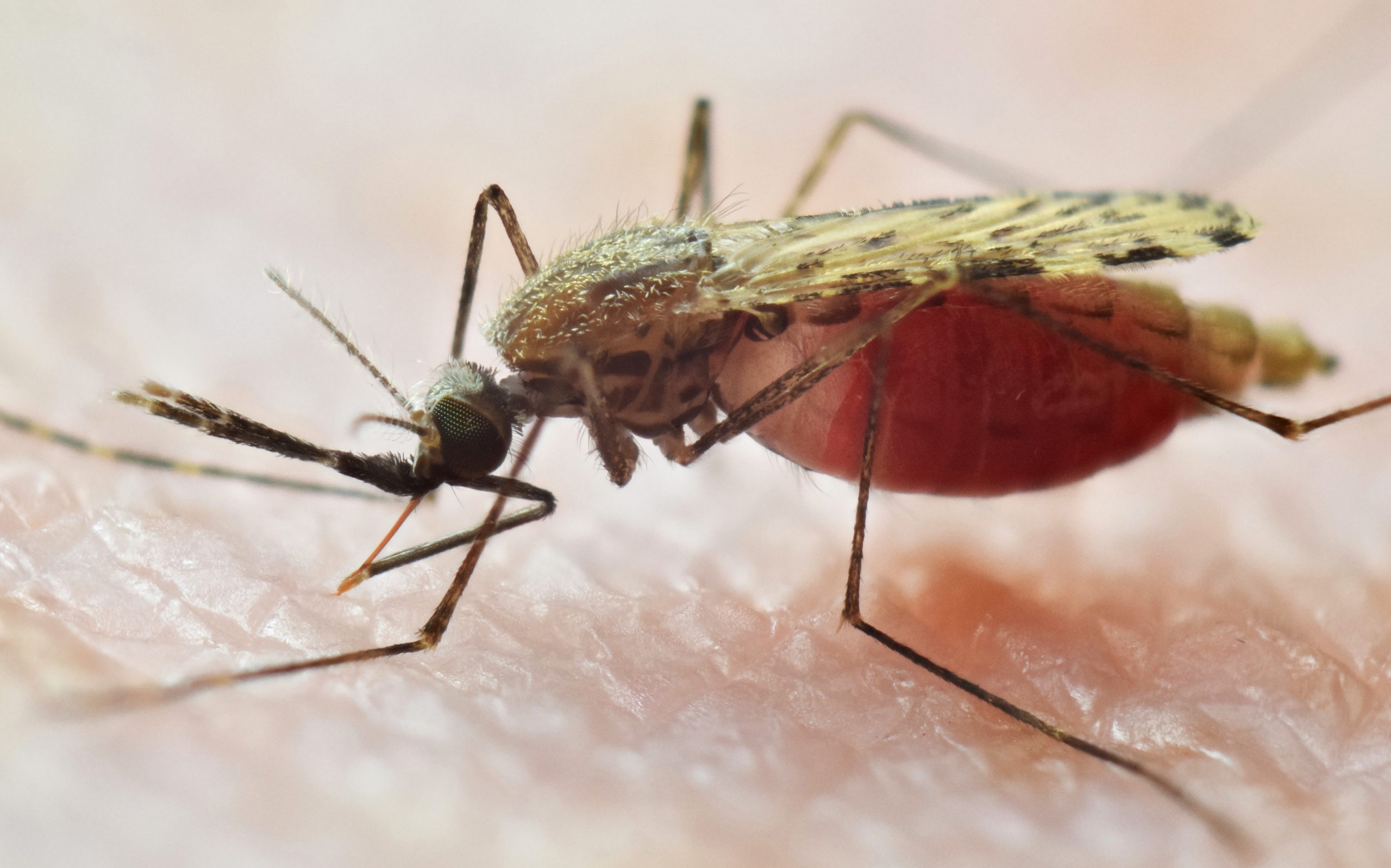Our approach to fighting malaria
When insecticide-based vector control tools—methods used to reduce mosquito populations and disease transmission—are consistently applied, they have proven highly effective in reducing malaria, particularly in Africa. However, growing insecticide resistance threatens these gains. As the only Product Development Partnership (PDP) dedicated to vector control, IVCC drives innovation through partnerships, ensuring effective tools that combat malaria and counter growing insecticide resistance.

Our product portfolio
Our work focuses on delivering new and improved vector control tools that address insecticide resistance and other challenges which hinder malaria and other mosquito borne diseases elimination efforts.
Our portfolio covers early-stage discovery to full product development and market introduction.
We partner with industry, academic, and African field facilities to ensure products meet the required safety, efficacy and quality standards and are suitable for malaria-endemic country use, ensuring long-term impact in disease prevention.
Insecticide Treated Nets (ITN): Our focus is on developing novel ITNs to combat insecticide resistance and maintain impact.
Indoor Residual Spraying (IRS): We aim to help maintain the availability of solutions to support resistance management.
Outdoor transmission tools: To evaluate and develop alternative tools to address outdoor transmission and demonstrate their suitability against malaria and other diseases prevention.
Spatial emanators: Our goal is to facilitate the broader adoption and sustained impact of spatial emanators as tools against malaria and dengue.

Vector control has been one of the most effective tools in reducing malaria cases, but its success depends on continued innovation and smart deployment. Selection for insecticide resistance in Mosquitoes continues and without new solutions, progress could stall or even reverse.
As a Product Development Partnership (PDP), we play a unique role in incentivising collaboration between research, industry, and public health actors. We de-risk R&D investment, accelerate product development, and ensure that new tools are cost-effective and accessible to malaria-endemic countries.